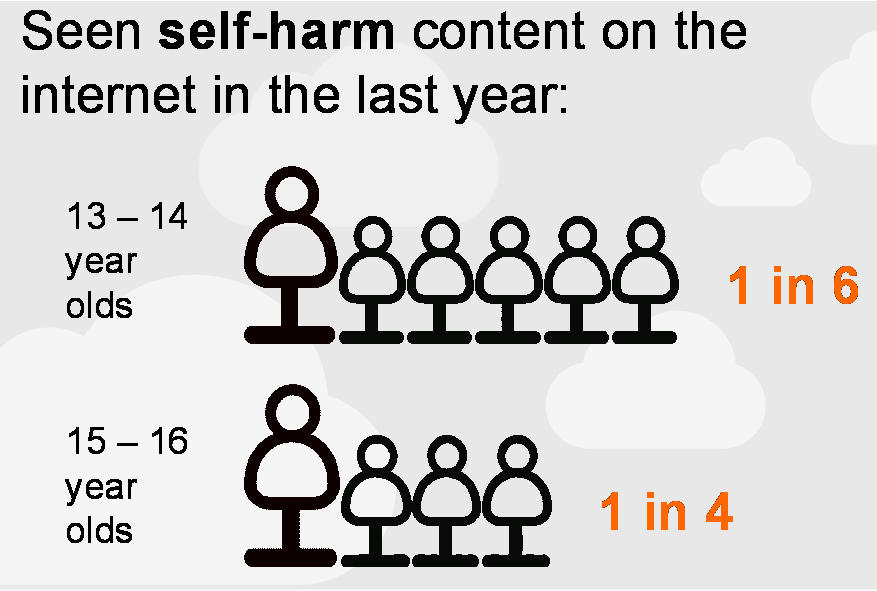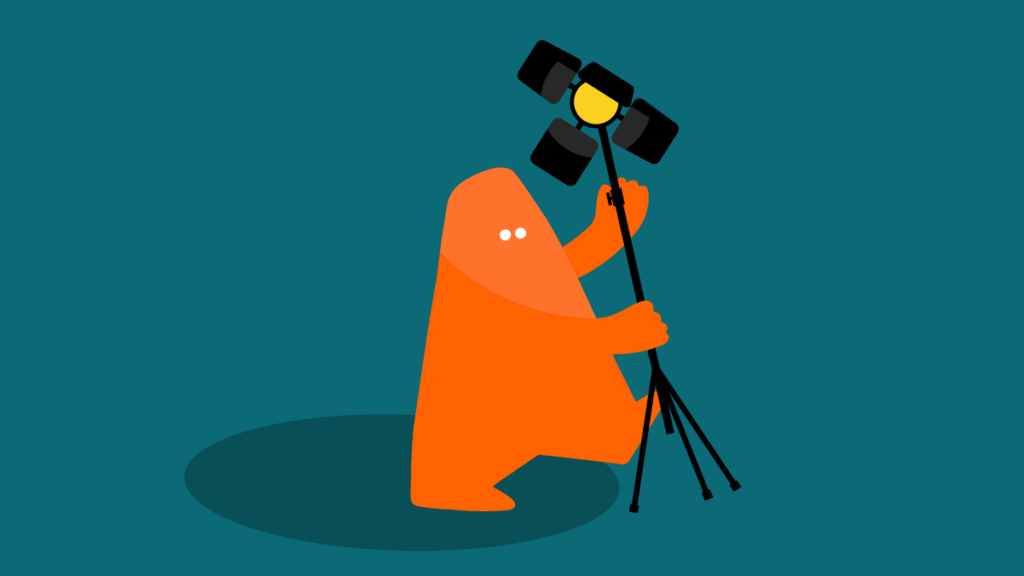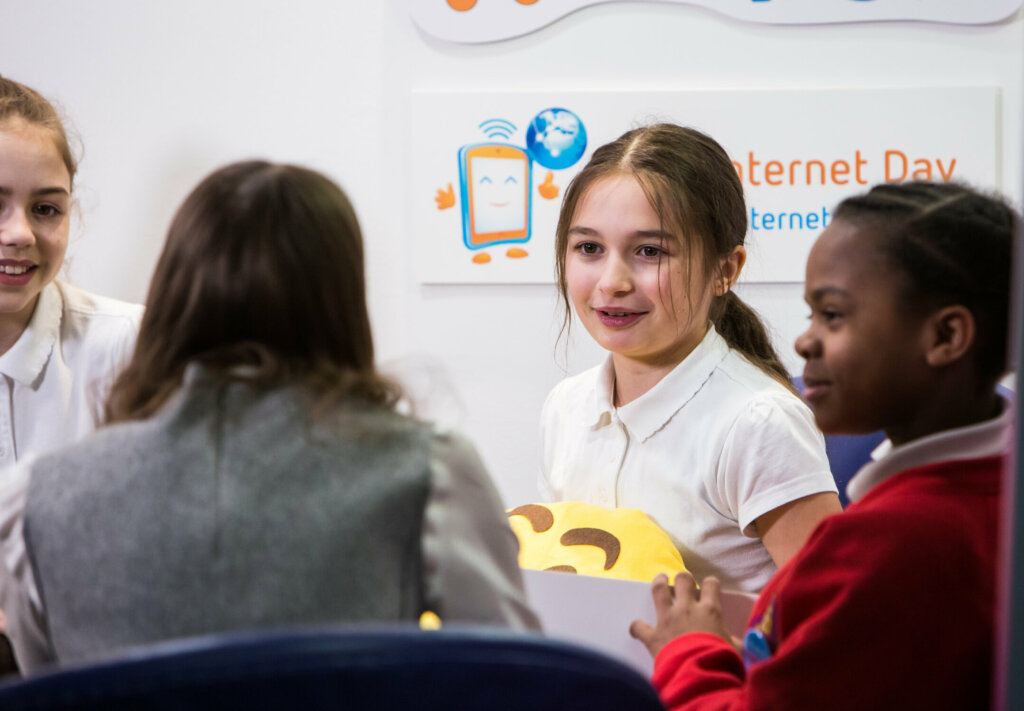This World Mental Health Day (10th October 2014), it’s essential to talk about the role of technology in mental health; especially when it comes to young people’s wellbeing.
From the positive support networks, online counselling and advice that the internet can provide, to the potential for cyberbullying, negative online relationships and exposure to harmful content; the online environment has a very real impact on the safety and wellbeing of young people.

Recent research from LSE shows that young people’s exposure to harmful content online has increased significantly in the past three years. 17% of 11-16s in the UK have seen self-harm sites in 2013 (rising from 6% in 2010), and 14% of 11-16s have seen pro-anorexia sites (rising from 8% in 2010).
With 1 in 4 (28%) young people aged 15-16 years in the UK being exposed to self-harm content, it’s important that schools are supported to address these issues, as well as digital wellbeing more broadly.
Mental health professionals need to talk to young people about their access to this kind of content online, and their use of technology more widely, and how this might impact on their recovery. The 24/7 nature of technology can mean that young people are exposed to online risks at a time of lowest resilience, and young people need to be supported to manage their technology use in a healthy and positive way, that facilitates their contact with positive support networks and protects them from triggers and potentially harmful content and contacts.
Talk about it
The most important thing we can all do is to talk to young people about their use of technology and help them to navigate the complex online environment with a strong support network of family, friends, teachers and professionals around them.
This World Mental Health Day, why not ask young people about their use of technology, with these helpful conversation starters!
- Understand their interests online: What are your favourite websites and apps? Why do you like them? Why do they make you happy?
- Get them to teach you! Can you show me how to use <insert app/website>? What’s the best thing about it?
- Understand the negatives: What are the worst things about the internet? Have you ever experienced any of those issues? What would help young people to be happier online?
- Help them support their friends: How would you support a friend online who was feeling low? What would you do if your friend posted worrying messages or content online?
Further advice and support
Visit www.youngminds.org.uk for advice about young people’s mental health, including their parent helpline (0808 802 5544).
Visit www.b-eat.co.uk for advice about eating disorders, including their online community.
Visits www.samaritans.org if you need to talk to someone. Plus see their latest guide about helping a friend who might be struggling to cope, which they launched with Facebook.
If you work with young people, and you need some advice or support about any online issue, you can contact the UK Safer Internet Centre helpline.


